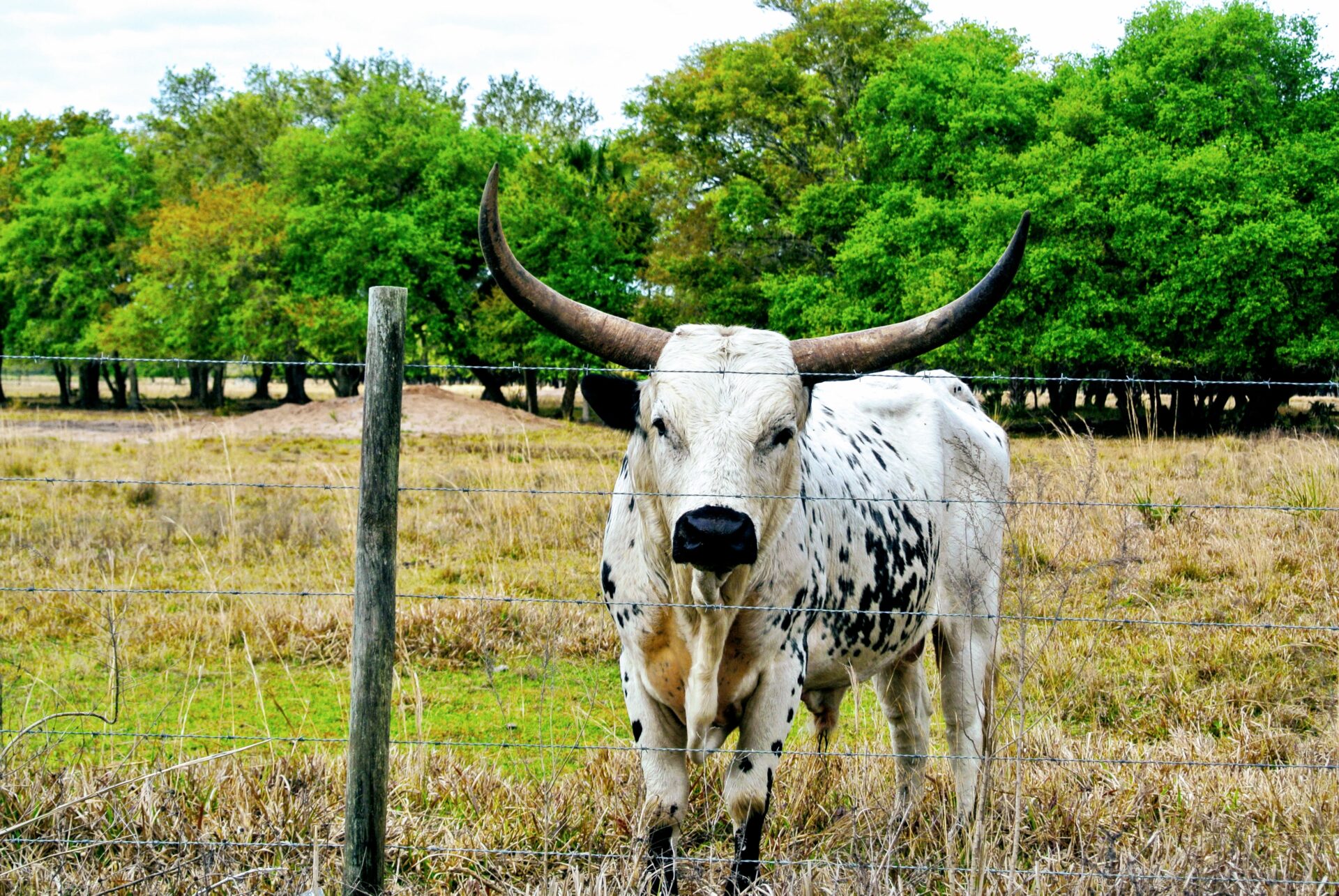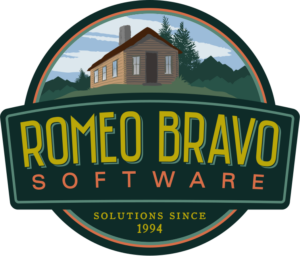Experiential travel and outdoor recreation businesses are constantly working to overcome a host of challenges endemic to the industry. Issues such as seasonality, staff housing, and access to quality private and public lands, can be subject to sudden swings and present major limitations to a growing business.
Start-ups and relatively young businesses are especially susceptible to the impacts, but even the best-established businesses are not immune. Hence, owners and operators, are always asking how they can better protect themselves from these factors which have the potential to force drastic changes to their business model, strategy, and approach.
While there are no silver bullets, one thing is for sure, if a business owner does nothing at all, it will surely be to their detriment, and so many have learned the best way forward is to take the bull by horns and pursue long-term solutions for these dogged issues.
Expanding the Season
When a property is closed, there is no revenue potential, and any destination that has a reasonable case for expanding it’s season, is at least considering the option. The conventional thinking is that for all the effort and expense that goes into temporarily closing a property, why not direct that investment of time and money into staying open and find ways to do it profitably. Word to the wise, this is a major operational shift, and the financial returns may not come for a few years. If the commitment is anything less than “all-in”, it could turn out to just be an expensive experiment. For those who stick with it, while they may experience a few short-term cash crunches, they stand to realize significant returns.
Staff Housing
Of all the limiting factors that can hamstring a hospitality business, the lack of available team members is one of the most severe. Many remote properties are accustomed to providing staff housing and have done so for a long time. After all, without a labor pool in close proximity, there is no better way to get people to work. However, as more and more properties open in mountain towns and resort communities, and as the price of real estate and construction continues to climb, the bar for investing in staff housing is raised higher and higher. The upshot is owners must reality check the costs of staff housing versus their appetite for making a capital expenditure that is commonly (and perhaps wrongly) viewed as an expense with no ROI. However, not all owners think alike, and those who take measures to control their housing situation soon gain a competitive advantage over other operations that try to get by on the cheap. Furthermore, once a business is on the wrong side of the staff housing equation, the stressors can multiply, and operations teams are liable to fall into a cycle of digging out from a deepening hole.
Access to Private and Public Lands
As experiential properties seek to offer more robust activity programs in all seasons of the year, quality access to private and/or public lands has become paramount to growth. Competition for the best access is fierce, and acquisition strategies include purchases, leases, and commercial use permits. Operators have to be mindful of changing environmental conditions, such as drought and wildfire, and therefore motivated to always have a backup plan should an area become compromised or off-limits. While having more options is always better, there is a limit to what a property can reasonably manage (and still earn a profit), and so great efforts are made to maintain access that always has a level of attractiveness to guests, without spreading budgets and operations too thin.


